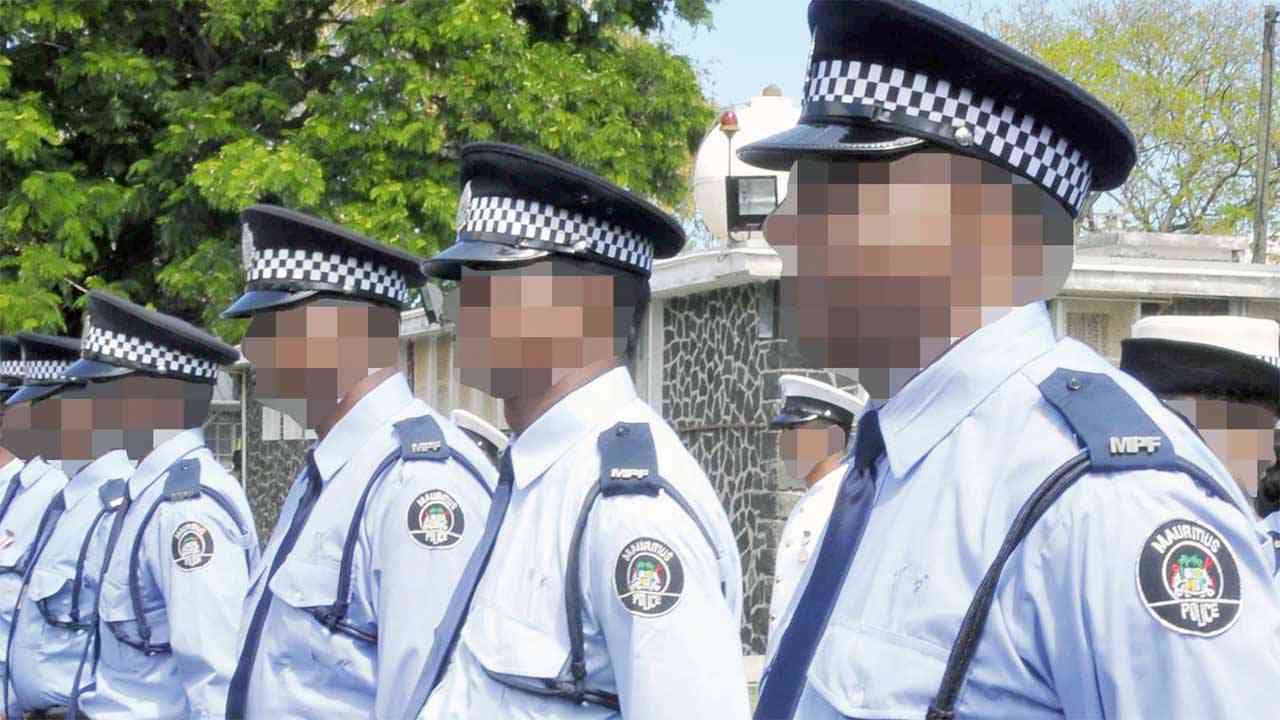The practice of provisional charges has been subject to renewed criticisms recently.
In an interview to News on Sunday, British lawyer Pete Weatherby, QC, even said that: “If an individual is subjected to a preliminary charge because there is insufficient evidence to proceed to trial, then the detention maybe arbitrary. It is a breach to the right to liberty.”
This week in Parliament on Tuesday, the Prime Minister Sir Anerood Jugnauth, in his reply to a question put through by opposition MP Reza Uteem, revealed that nearly a third of provisional charges retained against accused persons fail in Court.
Since January 2015 to date, 14,728 provisional charges have been lodged before the country’s Courts. Out of those, the police lodged main charges in 9,511 cases. For the remaining 5,217 cases, the provisional charges were set aside by Courts and the cases were referred back to the police.
Following completion of enquiry, the police has lodged the main charges in 4,241 cases of cases struck out by the Courts. The remaining 976 provisional charges have been set aside as follows:
(i) in 334 cases, the DPP has advised no further action,
(ii) in 22 cases, the accused have passed away,
(iii) in 16 cases, provisional charges have been lodged before other Courts due to change in the venue of the offence,
(iv) in 104 cases, the accused being foreigners who have overstayed in the country, have been repatriated, and
(v) in 500 cases, the main charges have not been lodged within a reasonable delay.
In a supplementary question, Mr Uteem focused on the 334 cases where the DPP recommended no further action. He questioned whether the Commissioner of Police seeks the advice of the DPP before lodging charges. The MP asked whether “this practice is applicable to all criminals or is this reserved to only Members of his Government?”
To which the Prime Minister replied: “Well, it depends on the nature of the case. It depends on the evidence that is the available. The CP cannot just let go any criminal, then the Police will be criticised. So, he has the discretion.”
The Police will have to use its discretion weighing the nature of the case, the evidence available and they must act accordingly, added Sir Anerood Jugnauth. “We can’t make rigid and fast rules on this. Appropriate safeguards will be introduced in the PACE Bill.”
The new Police and Criminal Evidence legislation would prescribe circumstances in which police officers may arrest persons without warrant as well as prohibiting police officers from arresting a third party unless they have carried out the necessary investigations and are satisfied that the grounds for arrest without warrant are met. The issue of alleged arbitrary detention by police would also be addressed through the enactment of custody time limits in the PACE Bill, said the prime minister.
The leader of the opposition put through a supplementary question that handcuffs should only be used “when necessary and not to humiliate suspects.” The Prime Minister agreed to take matters up with the CP.
The Prime Minister: “Well, I fully agree with the hon. Leader of the Opposition, but then, it is for the Police to decide with what type of persons they are dealing with.”
 Par
News on Sunday, Defimedia.info
Par
News on Sunday, Defimedia.info
 Par
News on Sunday, Defimedia.info
Par
News on Sunday, Defimedia.info

 J'aime
J'aime